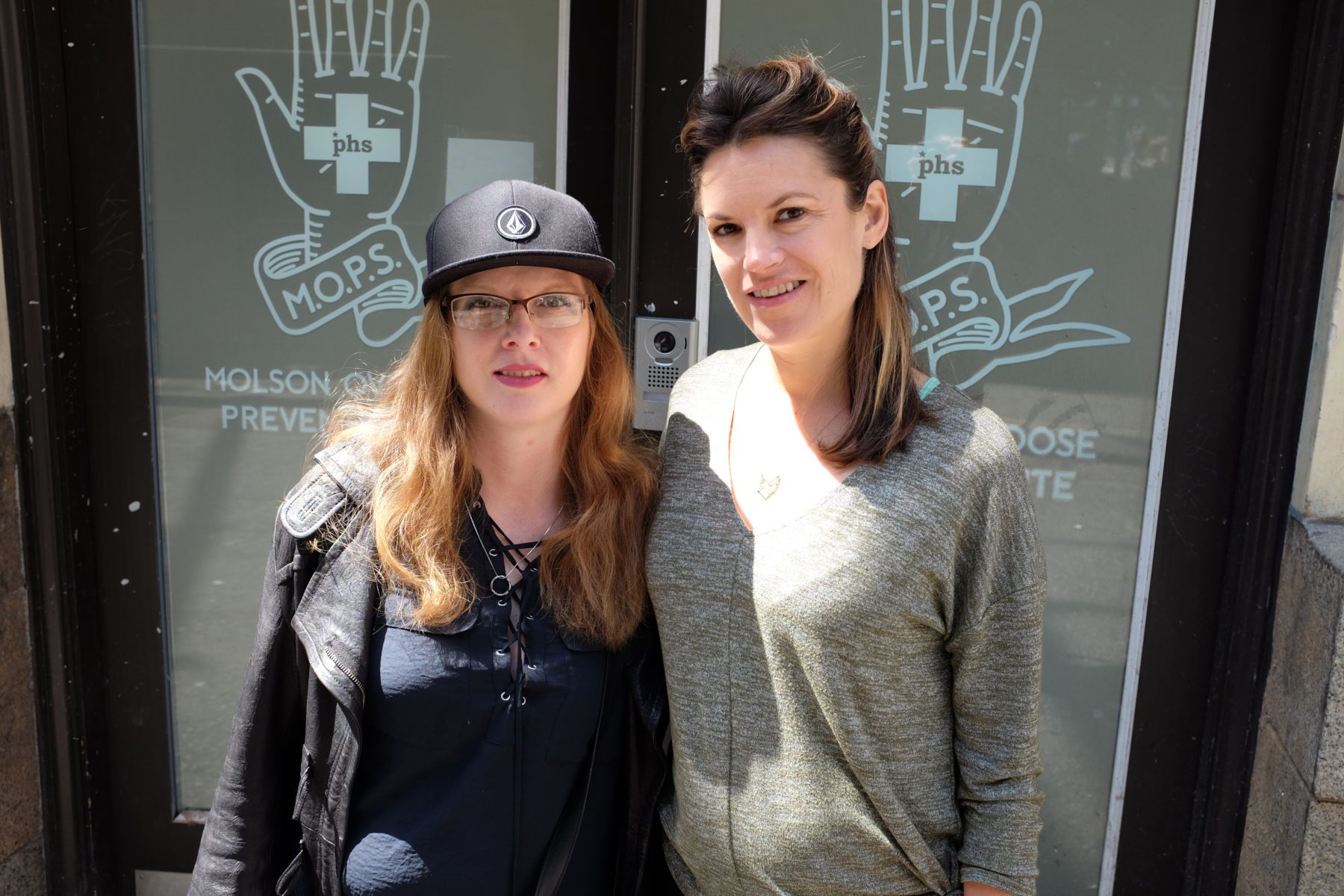In British Columbia, an entirely peer-taught overdose prevention “Street Degree” program has graduated its first batch of certificate recipients. They all enriched their personal drug-use experiences with formal training in overdose response, pain management, cultural safety, community resources and managing extreme situations.
Between August 2018 and May 15, 2019, 14 Canadians have been certified by Vancouver Coastal Health (VCH) and PHS Community Services Society in overdose prevention after taking at least 10 courses. Subjects covered include first-responder collaboration, motivational interviewing, injection skills and trans inclusivity. In addition to the certificate program, more than 300 peers from 19 organizations have attended various Street Degree courses. And the whole program is peer-driven.
“We wanted to support [peer workers] with training in [a] different way. Instead of top-down training
where we come and teach them, we wanted to flip it around and have them design the
courses, teach the courses, select what topics they wanted to be taught and really put
that peer model forward,” said Jonathan Orr, manager of PHS Overdose Prevention Sites, in a press release.
The program launched in 2017 to meet needs as the overdose crisis escalated. Overdose mortalities in British Colombia leapt to 530 people in 2015, from 368 the previous year. In 2018, 1,514 people died from an overdose.
“I saw how much of the response was being done by peers,” described Sally Kupp, a clinical educator at VCH who co-founded the program. “They had the baseline knowledge but, in the midst of the crisis, they were lucky to get maybe 30 minutes of overdose prevention training and then were put to work.”
Peer-based services have been shown to expand the reach of harm reduction, as well as ensuring that programs meets clients’ needs—particularly in order “to develop trust, redress power imbalances, and improve relationships.”
“Peers are often the unsung heroes of the overdose crisis and we have so much to learn
from their wisdom and experience,” said Judy Darcy, British Colombia’s minister of Mental Health and
Addictions.
The participants themselves are well aware of this.
“We’re frontline,” said Joy Phelps, a peer worker at Molson Overdose Prevention Site and a recent certificate recipient. “I know without us peers, there wouldn’t be as many lives saved.”
Photograph: Peer support worker Joy Phelps and VCH clinical educator Sally Kupp outside the Molson Overdose Prevention Site in downtown Vancouver on May 15, 2019. Matt Kieltyka/VCH





Show Comments